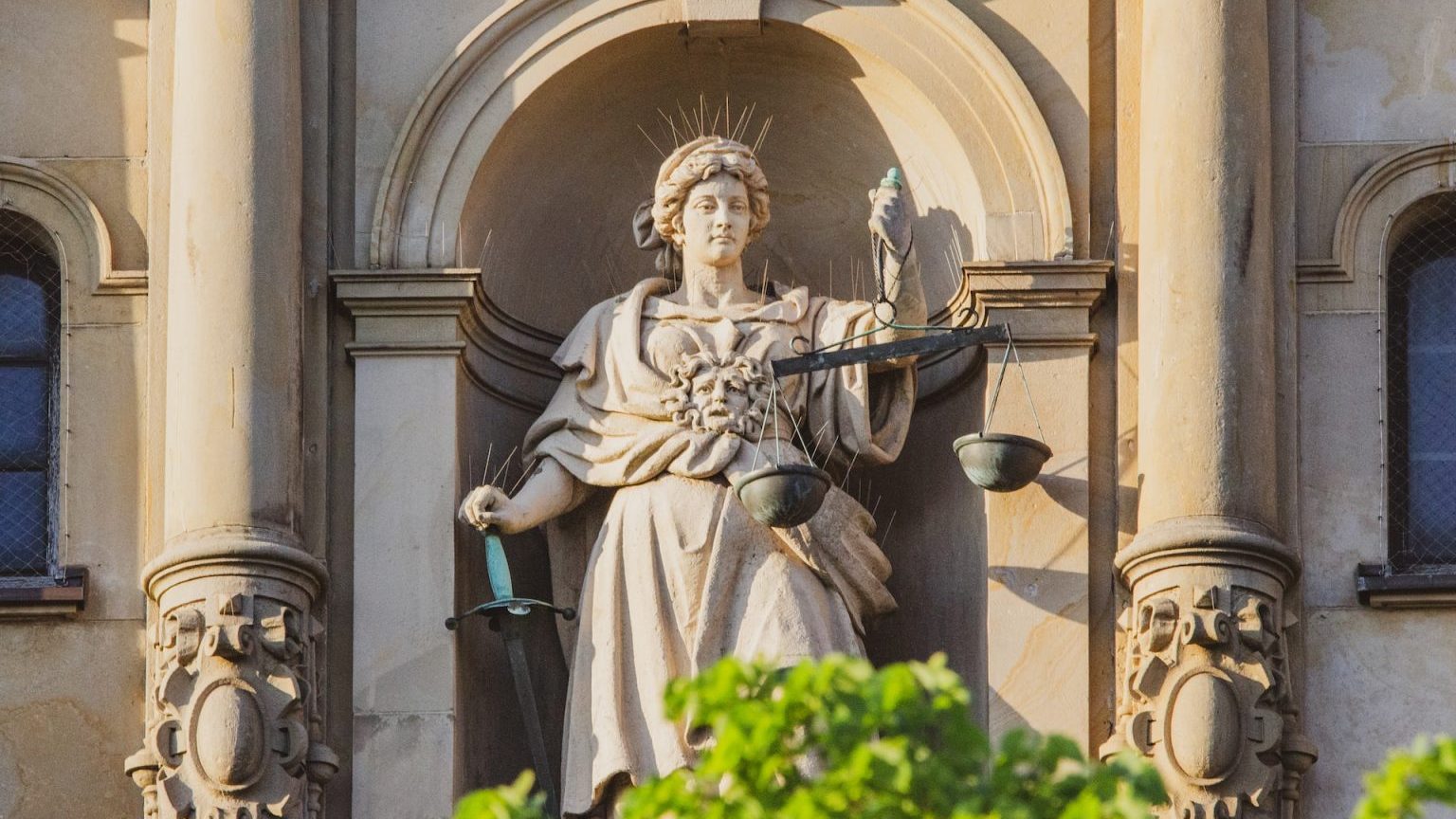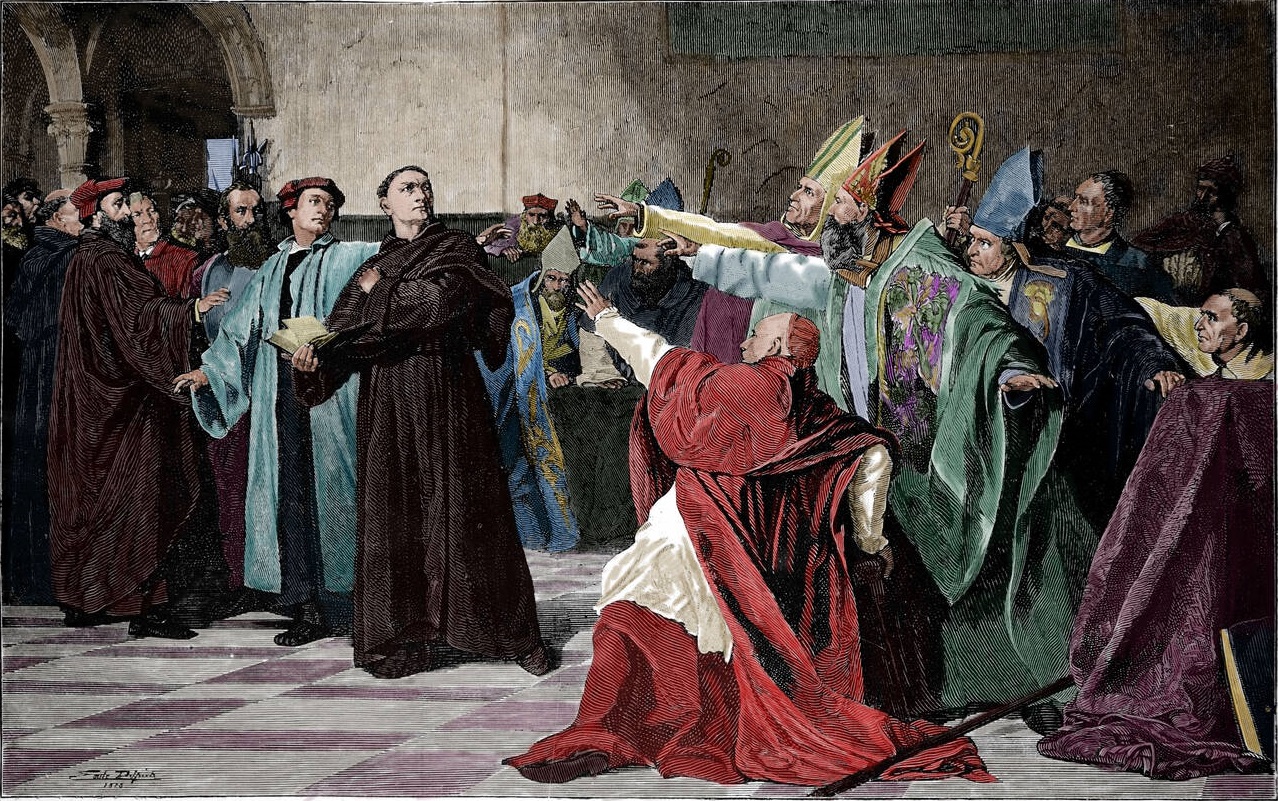Your Senator’s religious beliefs may be more important than yours

- Senators let their personal religious beliefs influence how they vote.
- Theological beliefs affects legislature on broader policy issues.
- This reality “circumvents” the separation of church and state in the U.S.
What does your senator believe in? What text’s commandments to they follow? Maybe you think the religious preferences of your elected officials do not have a bearing on how they make laws, but a new study shows there’s a very direct connection. Despite the ostensible separation of church and state that is the hallmark of the American system of government, religion plays an outsized role in its decisions.
The study’s author Daniel Arnon of Emory University explained how he came to this finding:
“I became interested in the topic of the influence of religion on politics after moving to the US from Israel,” said Arnon. “What I found particularly interesting is how the US had seemed like a country in which there is a clear separation of church and state, and yet religious discourse still dominates many aspects of its politics.”
He was particularly interested in finding out whether religion entered politics due to the demands of the constituents and their religious interests – “from the bottom up” as it were – or do the legislators impose their religious preferences upon the constituents?
Previous studies indicated that the religious traditions of the legislators were linked to their voting patterns, but Arnon wanted to know if their theological beliefs affected how they voted, especially on broader policy issues, not just those related to religion.
To find the answer, Arnon created religious profiles of 150 senators from the 110th the 113th sessions of Congress in the years 2007 to 2015. He discovered that religious beliefs were strongly associated with the legislative record of the lawmakers.
“The religious preferences of senators are associated with voting and policies in the Senate, across all issue-areas: economic, social and foreign policy,” Arnon told to PsyPost.
What’s important to note is that this did not happen simply because more religious constituents elected more religious senators to represent them. Senators who held traditionalist religious beliefs advanced legislation that was conservative and supported their views, even when their constituents weren’t as religious.
“Traditionalist” was defined by the study to be viewing God as a commanding presence that restricted their actions as well as holding literalist interpretations of religious texts.
Arnon highlighted that personal religious beliefs of the senators mattered more than the religious tradition they belonged to – be it Catholic, Protestant or Jewish, etc. What truly determined how they voted was whether they were “traditionalist or more moderate and progressive.”
Arnon thinks this reality “circumvents” the separation of church and state that is supposed to exist in the U.S. and “and brings religion into politics through the back door.”
Check out the new study in The Journal of the Scientific Study of Religion.





